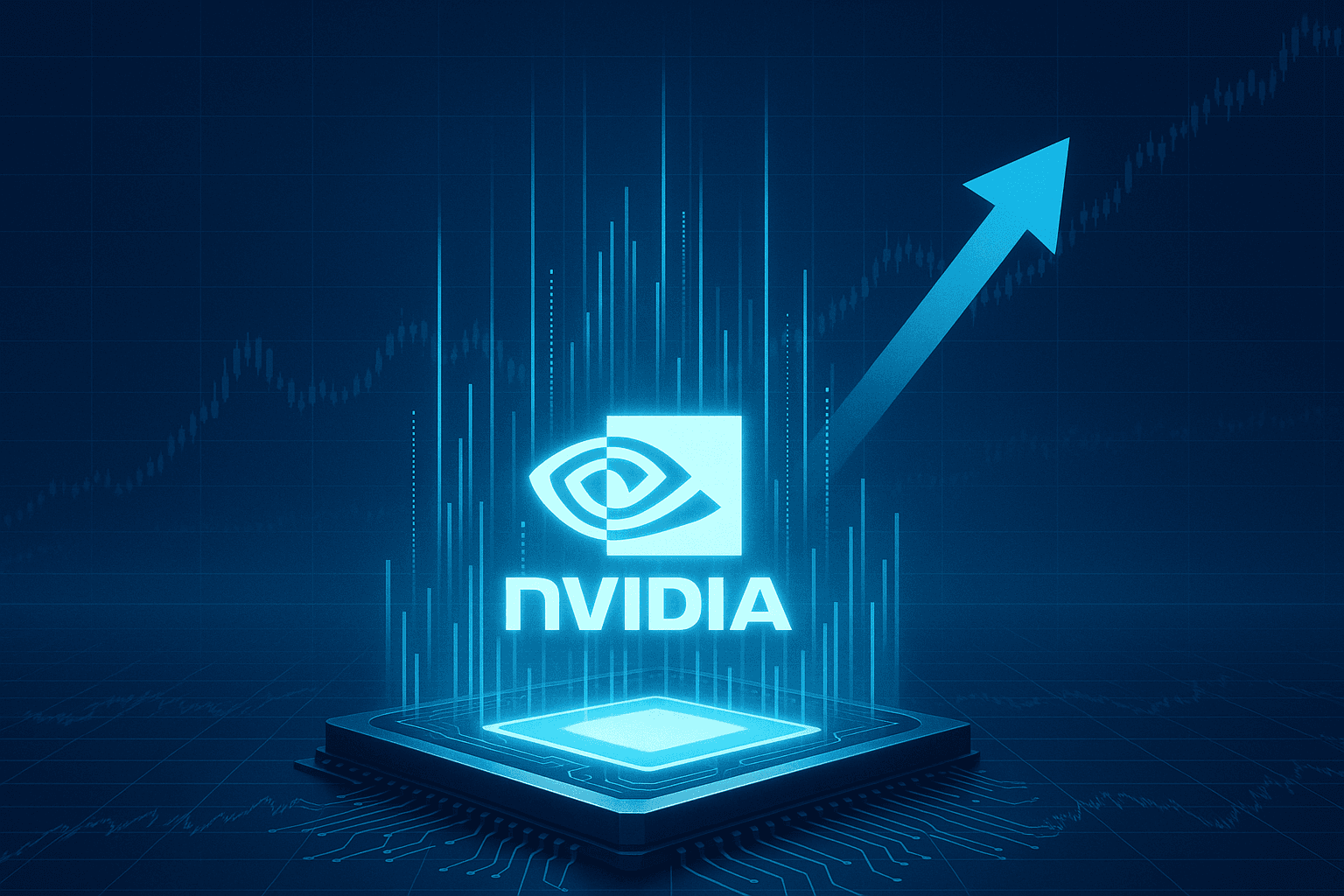D.A. Davidson upgrades Nvidia on growing AI compute demand

News Summary
Investment firm D.A. Davidson upgraded Nvidia's stock rating to 'Buy' from 'Neutral' and raised its price target to $210 from $195. Analyst Gil Luria cited accelerating demand for AI compute as the central reason for the more bullish stance, expecting this trend to sustain Nvidia's growth for at least the next two years. Luria emphasized that the “overwhelming growth in demand for compute” is the most critical factor supporting Nvidia's investment case, outweighing concerns such as competitive pressures, demand volatility in China, potential bottlenecks, and “exuberant expectations.” He noted that AI's transformation of labor itself would drive continued compute demand, even before enterprises fully realize ROI. Nvidia is strongly positioned by this structural demand, remaining at the heart of the AI trade.
Background
Nvidia, widely considered the "poster child for artificial intelligence (AI)," is the dominant supplier of Graphics Processing Units (GPUs) essential for training and deploying AI models, making it a critical player in one of the fastest-growing segments of the technology sector. Nvidia shares have already advanced 32% year to date in 2025. Previously, Nvidia faced challenges with Chinese market access, but in a recent trading session, its shares rose after regaining access and continuing its dominance in the AI market. The sustainability of its extraordinary growth trajectory and its ability to navigate geopolitical and competitive risks remain key areas of investor focus.
In-Depth AI Insights
Does D.A. Davidson's upgrade primarily reflect existing market enthusiasm rather than new, unpriced fundamental data? - Given Nvidia's stock has already surged 32% year-to-date, this upgrade might largely be a validation and reinforcement of the prevailing market optimism regarding AI compute demand, rather than the disclosure of significant, undigested new information. - While analyst Luria emphasizes AI's structural impact on labor transformation, this macro narrative is widely circulated within the tech community. His forecast for Nvidia's growth over the next two years may already be substantially factored into market expectations, cautioning investors against blindly chasing a “consensus trade” that could carry valuation risks. How does the thesis that “AI will transform labor itself” fundamentally impact Nvidia’s long-term pricing power and competitive moats, particularly in the context of the Trump administration's tech policies? - If AI truly leads to a structural transformation of labor rather than merely an optimization of the IT stack, the demand for compute power becomes far more foundational and inelastic. This would significantly enhance Nvidia's pricing power, as its GPUs are the core infrastructure for this new AI-driven productivity. - However, such a central position could also invite stronger antitrust scrutiny and national efforts toward technological self-sufficiency. Under the Trump administration's